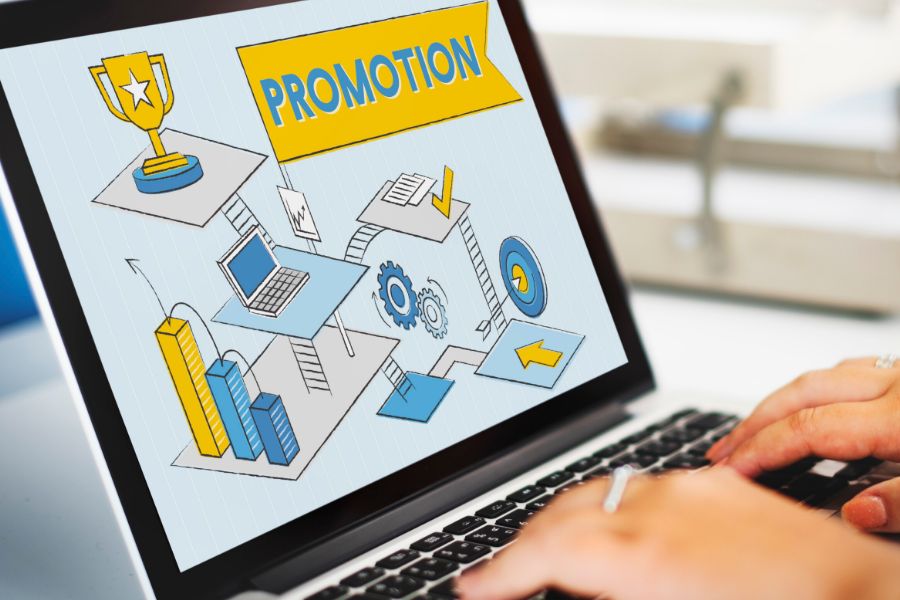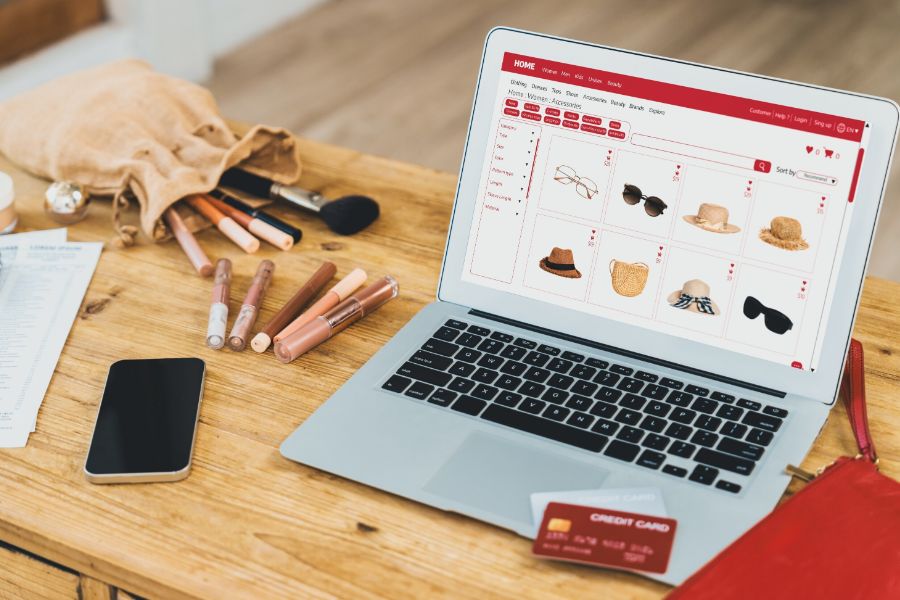Since its establishment in 2006, Commercetools has been the e-commerce solution for many big names to build their great reputation. In addition to Commertools, these brands have been considerably up-to-date when they adopted the new marketing method – omnichannel – to boost their companies’ presence further worldwide. In this article, we will look at some of the Commercetools brands, including the most famous ones adopting this platform.
Audi
Audi is among the Commercetools brands famous for its luxury vehicles with trendy and modern designs. In 2018 alone, the company delivered more than 1.8 million cars with A3, A4, and Q5 are the three most popular models. Despite the pandemic and the economic crisis, the company is named the world’s most valuable brand in 2020 with a net worth of $13.8 billion.
In 2020 especially, to deal with the pandemic where customers cannot interact directly with dealerships to purchase their desired car, Audi has put a heavy emphasis on omnichannel by launching an online reservation tool that allows customers to access their new car purchase.
According to Nikki Warburton, Chief Marketing Officer at Audi Australia, despite the pandemic, many of the customers were ready to buy an Audi. Still, the lockdown had prevented them from venturing into a dealership to experience the cars hands-on. Therefore, the online reservation platform enables customers to pick the models, colors, engines, and many other features they want for their Audi car. Furthermore, the app shows customers the inventory status to let them know what is available.
EXPRESS
EXPRESS is an American fashion retailer that targets specifically young men and women. This Commercetools brand has its headquarters in Columbus, Ohio with more than 16,000 employees working here.
Compared to other apparel brands, EXPRESS is not a leader for its omnichannel business. Their retail stores have been a drag on the business for some time while online activity has seen no breakthrough. However, in recent years, this Commercetools brand has been trying its best to keep up with the fast-paced fashion industry.
In July 2018, EXPRESS started testing the buy online, pickup in-store model (BOPIS) and added five stores in New York City where the self-service pickup and return were emphasized. Customers can order through either the website or EXPRESS app and bring the receipt to the nearest store for picking up.
Launching in 2015, the EXPRESS app was designed fully for marketing purposes where announcements for new campaigns and collections were posted. However, with the development of eCommerce, the app has to change. It is now not only a marketing platform but also a shopping channel that is mobile optimized. It offers all the necessary information of EXPRESS, including which size or color is available, what collection is trending, or where is the nearest store to you.
With all of this omnichannel effort, the brand is expecting a growth of 37% in revenue in the next year. However, in our honest opinion, the brand is not moving fast enough considering the fact that it was testing out the BOPIS model in 2018. Despite its name, the brand is not traveling at an express speed when it comes to an omnichannel strategy.
Tiffany & Co
Tiffany & Co is another Commercetools brand that is best known for its diamonds and sterling silver jewelry. The brand becomes worldwide famous through the movie ‘Breakfast at Tiffany’s’ by Audrey Hepburn. Founded in 1837, the company is now turning 184 years old, probably the oldest customer on the list of Commercetools brands.
Despite being a senior in the fashion industry, Tiffany & Co is definitely not outdated. Instead, it is one of the omnichannel leaders who adopt the new method of marketing the earliest. It all started when more and more customers walked into the store with a picture of an item their loved ones were dreaming of. The experience includes several calls and print outs just to find the exact piece of jewelry and where it is available to purchase. This is definitely not the experience Tiffany wants its customers to have.
Therefore, ever since 2013, Tiffany had armed their store associates with mobile devices to access information digitally and amplify the customer experience. At the jewelry counter, associates and customers interact over devices where the information of the jewelry pieces are displayed in detail. Additionally, the devices have customers’ shopping profiles where notes and preferences are included to ensure shoppers receive personalized service each and every time they shop.
Especially, with the devices, store associates at Tiffany are able to engage with shoppers outside the store by contacting them through email to build a rapport and win their loyalty.
Ulta
Along with Sephora, Ulta Beauty – a Commercetools brand – is one of the most famous beauty chains in the world with its headquarters in Illinois. Ulta carries the majority of skincare and cosmetics products on the market, along with fragrances, nail, and hair care items. As of 2016, the brand’s net worth is $7.4 billion with more than 44,000 employees.
Ulta completed the rollout of its buy online pick up in-store services at all of its 1,124 locations. It added up to 86 stores, remodeled 12, relocated 8, and refreshed 240 locations, which now all have buy online and pickup in-store capabilities.
At Ulta, the store associates are equipped with tablets to help their customers in their shopping journey. They can easily show shoppers where cosmetic items are, what are its capabilities, and which size/color are available in-store. Especially, the devices enable staff to access customer profiles that record their purchase history and preferences to give better recommendations.
Wrapping Up
Through this article, we have discussed some of the Commercetools brands and the way they are implementing their omnichannel businesses. Even though not all of them are doing successfully, we are able to learn some great lessons from these brands. Please feel free to contact us if you have any further questions!
ConnectPOS is a all-in-one point of sale solution tailored to meet your eCommerce POS needs, streamline business operations, boost sales, and enhance customer experience in diverse industries. We offer custom POS with features, pricing, and plans to suit your unique business requirements.




